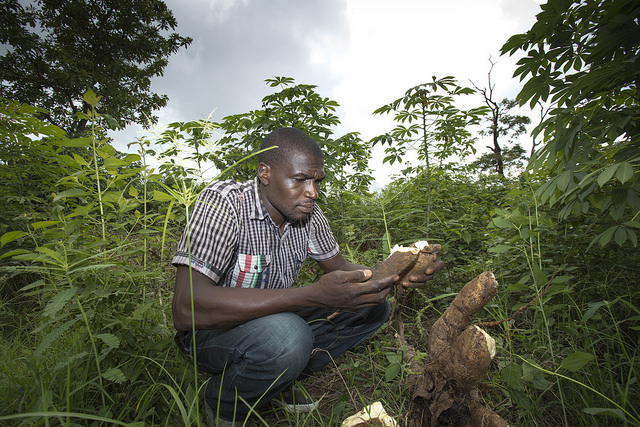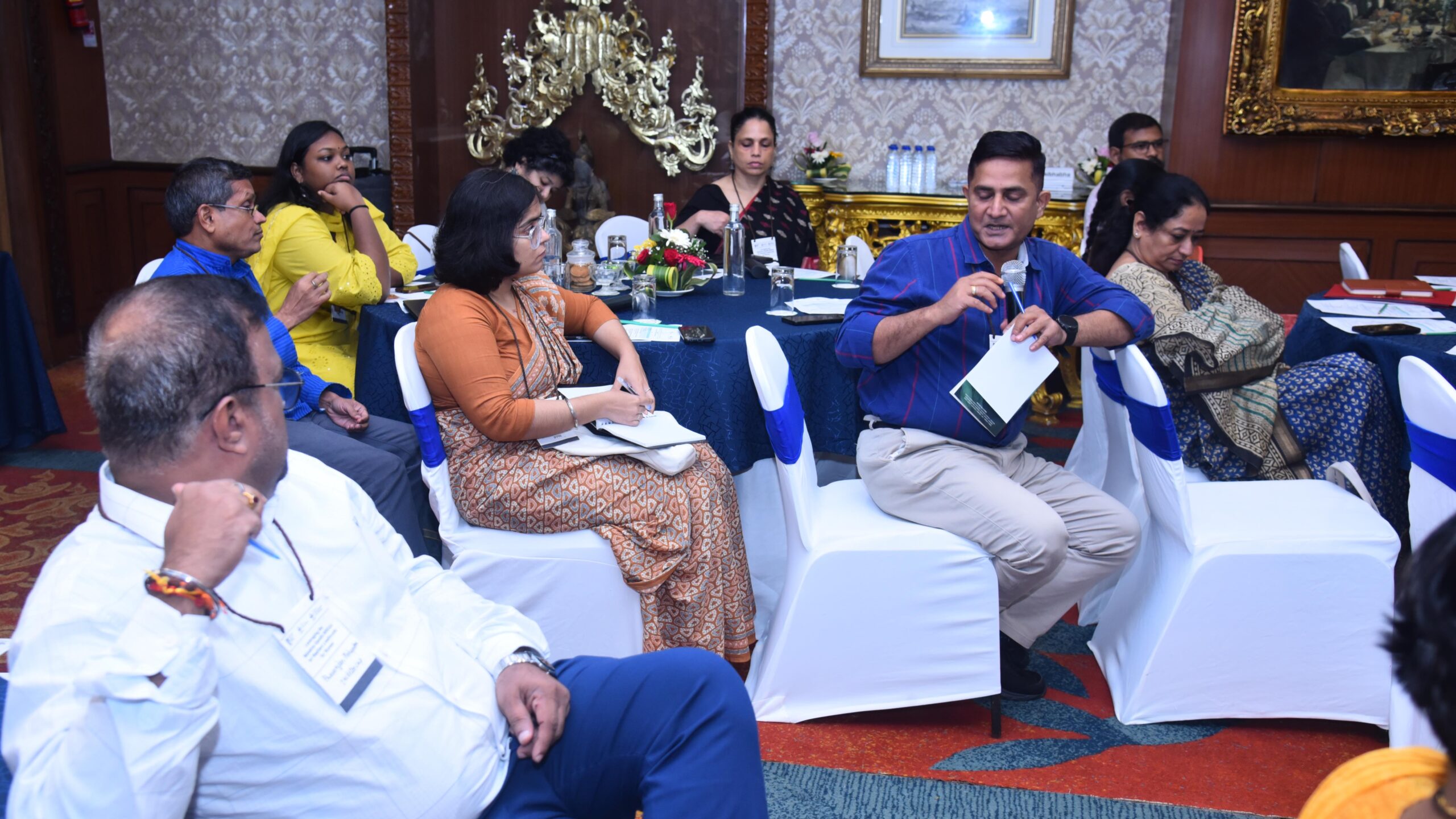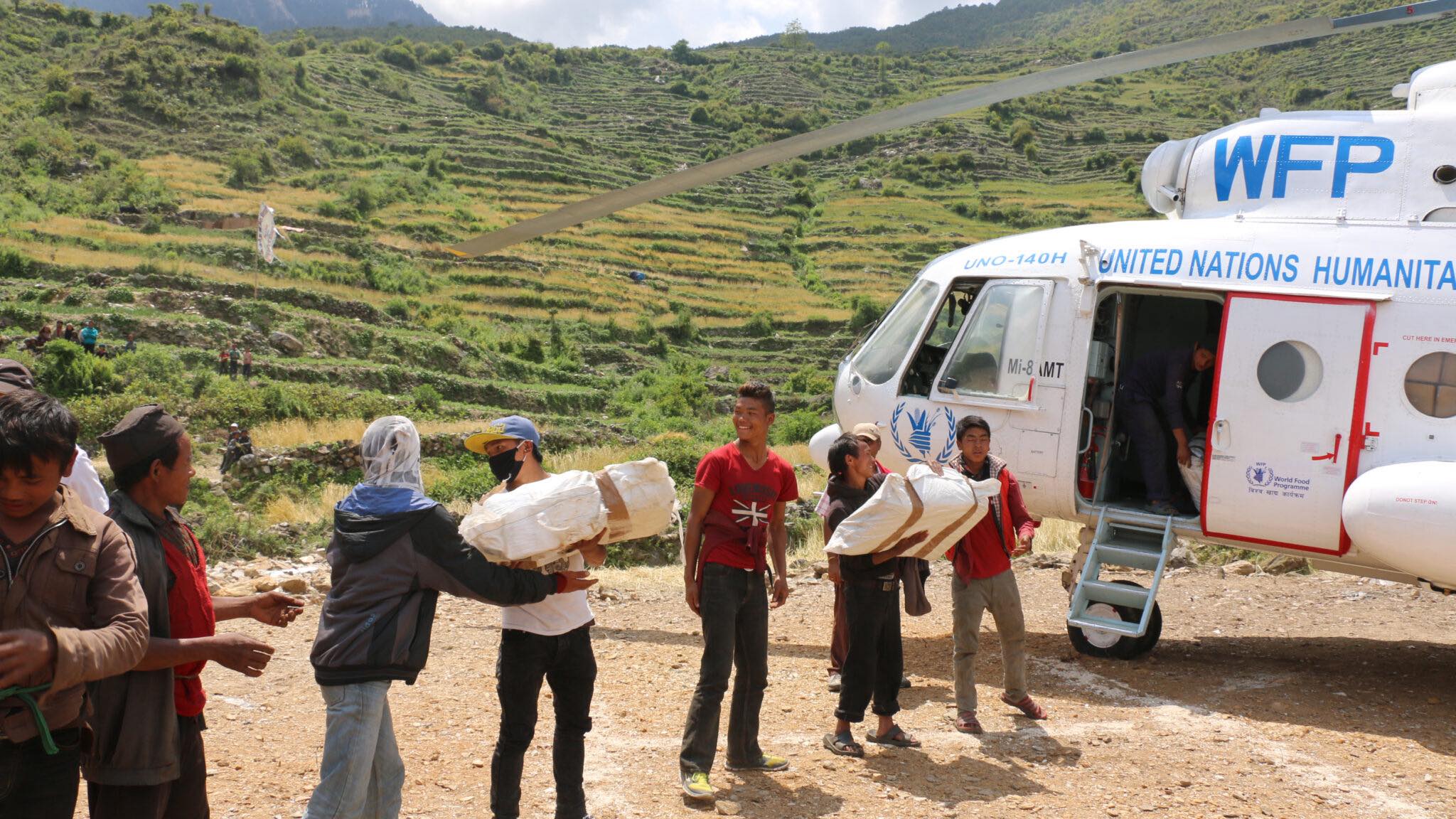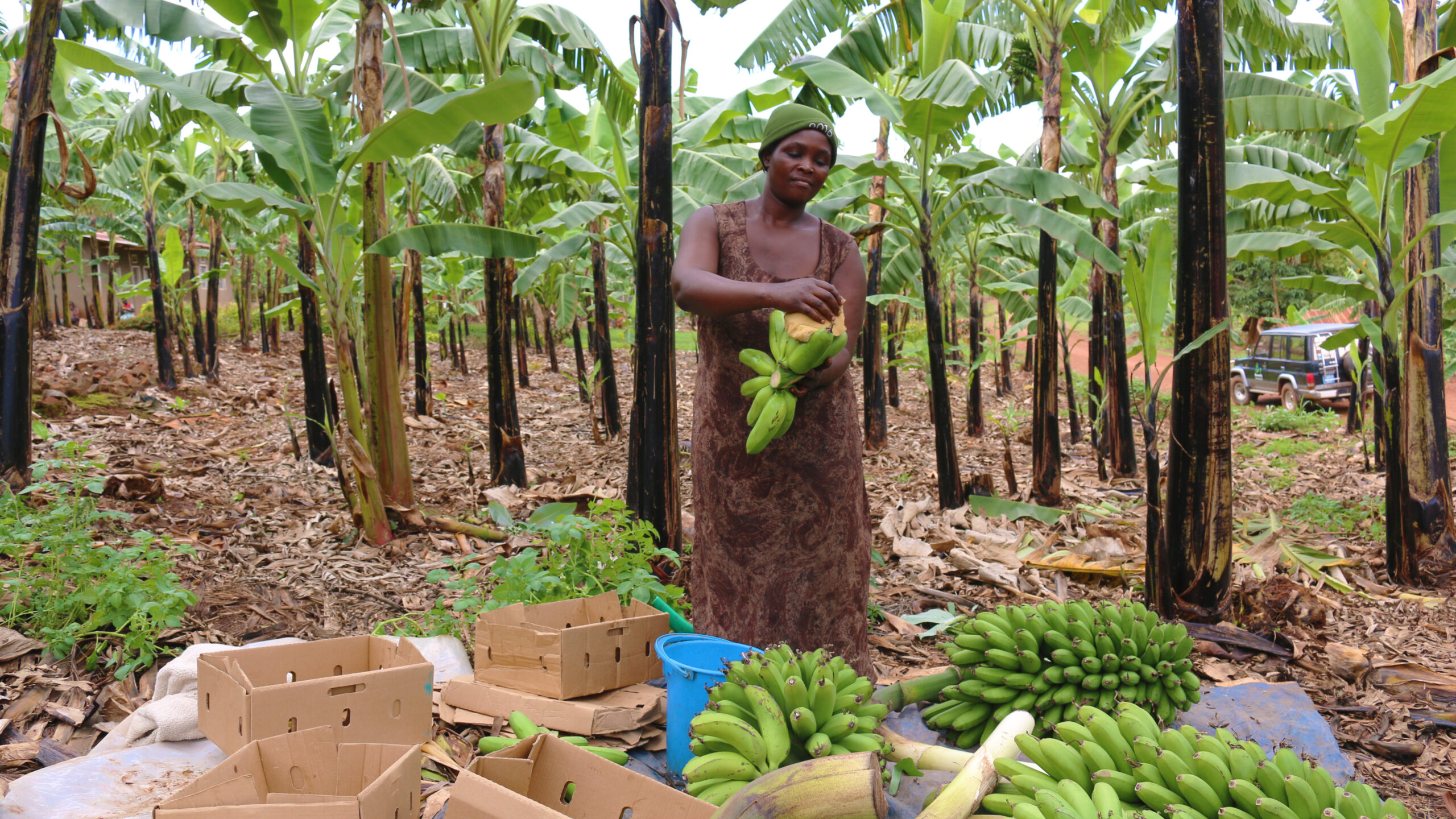In 2015, the World Bank awarded a $100 million grant to Nigeria for the implementation of a public expenditure action plan to reform the country’s agricultural sector. The Nigerian Federal Ministry of Finance drew heavily from IFPRI’s research during its dialogue with the World Bank, which helped Nigeria acquire the grant.
The strategic allocation of public expenditures in agriculture is crucial to ensuring food and nutrition security, and poverty reduction. In Nigeria, increasing agricultural productivity promises positive impacts for the poor, given that a large portion of the labor force remains in subsistence farming, and many poor people rely on agriculture for their livelihoods. Despite this, Nigeria allocated less than 4 percent of its total public spending to agriculture in 2012, which is low compared to other African countries.
For many years, IFPRI has been at the forefront of research into public expenditures, including measuring their impact on agricultural productivity and rural poverty. So, the World Bank asked IFPRI to conduct a review to understand why agricultural spending is low in Nigeria and to develop policy solutions. The resulting report, “Analysis of Agricultural Public Expenditures in Nigeria: Examination at the Federal, State, and Local Government Levels,” offered analyses and recommendations to help stimulate strategic agricultural public spending. Unsurprisingly, IFPRI’s evaluation found that public spending in agriculture was low at both the national and subnational levels, amounting to only 4.6 to 5.5 percent of total expenditures between 2008 and 2012. More surprising, however, was the finding that agricultural spending had been declining. In addition, IFPRI identified inefficiencies that plagued the agricultural public expenditure system across the three tiers of government: federal, state, and local. A lot of the money was spent on operations, subsidy payments, and other items that do not create valuable and long-lasting assets. National and subnational budgets were bogged down by delays in reviews, approvals, and funding releases.
To assist policymakers in addressing these problems, IFPRI recommended that agricultural spending in all three government levels be raised, and that states and local governments increase internally generated revenue to reduce overdependence on federal allocations. Further, IFPRI’s research revealed that dramatic improvements in collaborations across ministries and levels of government could reduce the multiple inefficiencies in the budget process and implementation. These findings and recommendations informed the Nigerian government’s decision to prioritize public spending in agriculture and, in collaboration with the World Bank, to transform the agricultural sector.
Download a printable PDF of this post here. For more outcome stories, see the Outcome Stories website.







